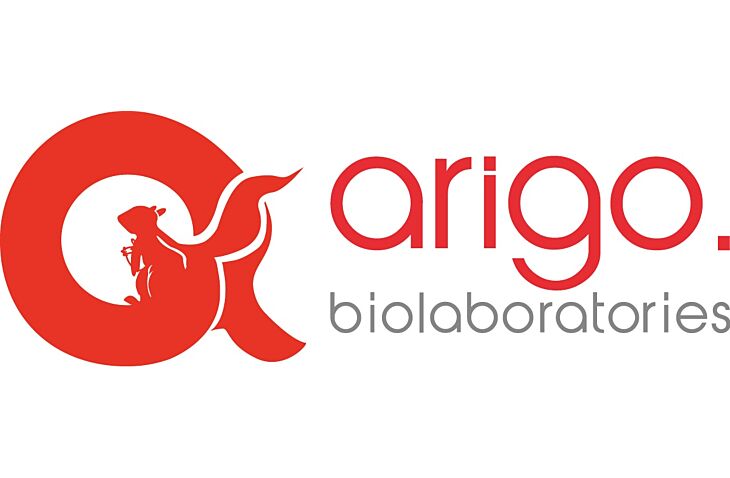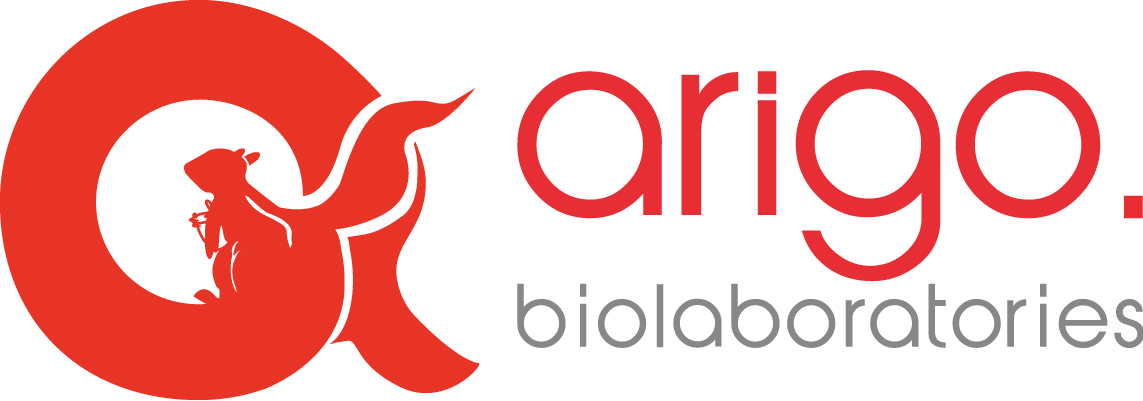Transforming growth factor beta (TGF-?) has three isoforms (TGF-?1, TGF-?2, and TGF-?3) with similar functions. The cytokine is a homodimer linked by disulfide bind. Inside cells, the cytokine forms a small latent complex with latent associated peptide (LAP). This small complex binds to latent TGF-? binding protein (LTBP) to be secreted to extra-cellular matrix. Disassociation of the latent proteins from TGF-? results in the release of the cytokine to its receptor. The process is called activation, which can be influenced by various factors, including proteases, metalloproteases, extreme pH, mild acidic condition, reactive oxygen species and integrins. TGF-? is an anti-proliferation factor in normal cells. It increases the synthesis of p15 and p21, which can block the cyclin: CDK complex, and causes cells to stop at G1 phase. The cytokine can induce apoptosis through both SMAD and DAXX pathways. In cancer cells, TGF-? signaling is altered and TGF-? no longer stops cell proliferation.
Do you have any questions about this product?
Order your product by email
Productname
anti-TGF beta antibody (2E6)
ARG10004100
By filling out this form, you are placing an order by e-mail. You will receive an order confirmation within one working day. The order cannot be modified after receipt of the order confirmation.
Request a sample
Productname
anti-TGF beta antibody (2E6)
ARG10004100
By filling out this form, you request a sample. You will receive an order confirmation within one working day. The order cannot be modified after receipt of the order confirmation.
Are you looking for specific products, alternatives or documentation?












